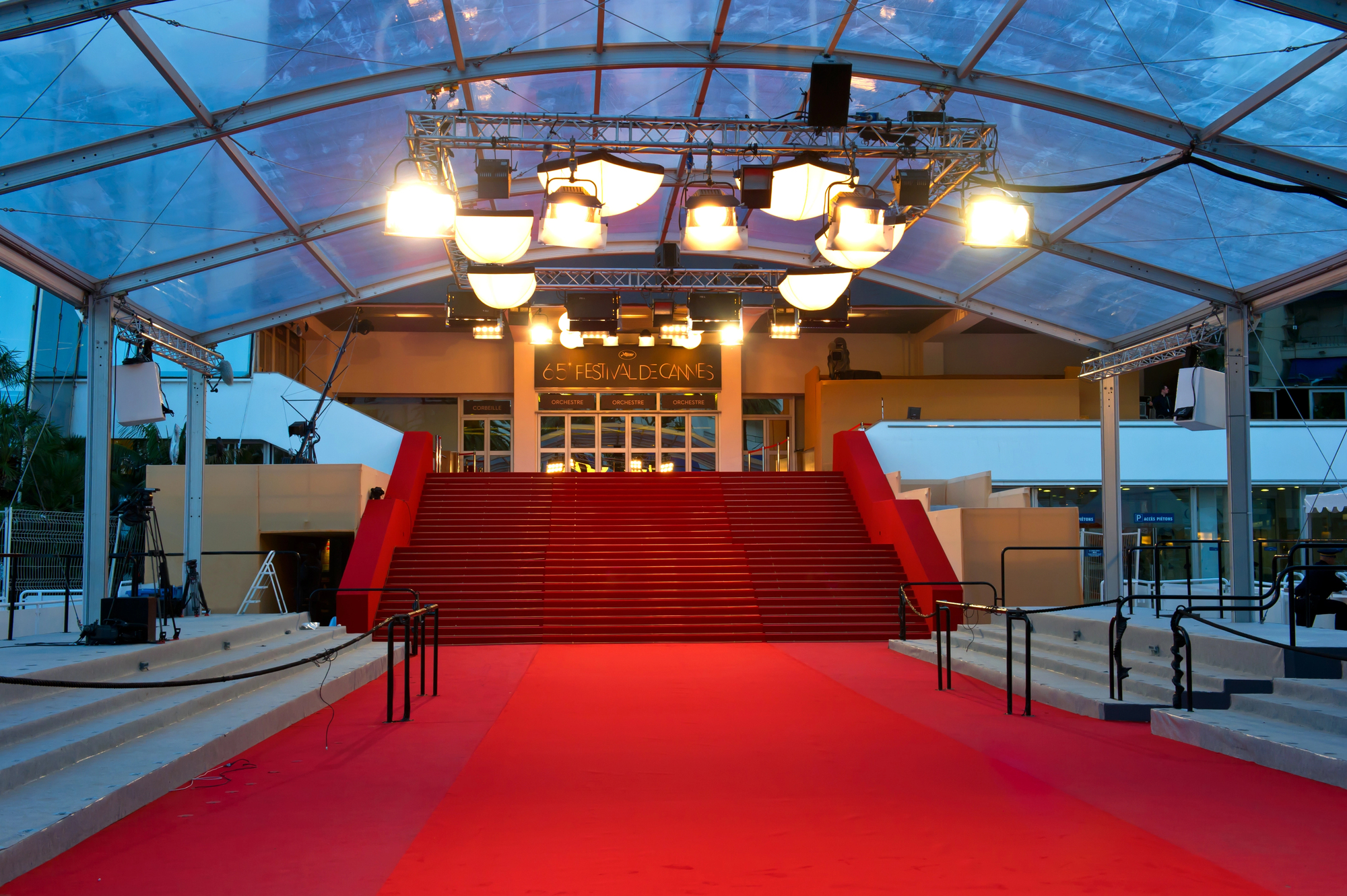How to Bet on Cannes & Venice Premieres: Standing-O Minutes, First Reviews & Surprise Winners

The red carpets have been rolled up, the last of the celebratory prosecco has been poured, and the beautiful chaos of the fall festival season is behind us. Now, in the quiet of late November, the real games begin. As we look back on the big winners from the 2025 Cannes and Venice Film Festivals, we can see patterns emerge – clues that were there all along, pointing toward the films that would ultimately claim the coveted Palme d’Or and Golden Lion.
Predicting these top prizes is a favorite pastime for cinephiles. It’s a complex puzzle involving art, politics, industry buzz, and a little bit of luck. If you want to get better at calling the shots for the 2026 season, it pays to study the past.
The Jury is Everything
Before you even look at a film’s synopsis, look at who will be judging it. The jury is the single most important factor in determining the winners. Their collective taste, nationality, professional background, and even their political leanings create a unique lens through which every film is viewed.
Take the 2025 Cannes Film Festival. The jury was presided over by French screen legend Juliette Binoche and included a diverse group of artists like American actors Halle Berry and Jeremy Strong, and acclaimed directors such as Korea’s Hong Sang-soo and Mexico’s Carlos Reygadas. This is a group that respects both powerful performance and bold directorial vision. It’s no wonder, then, that they awarded the top prize to a film that was as much a political statement as it was a cinematic achievement. A jury’s composition tells you what values they are likely to prioritize.
The Power of the Political Narrative
Festivals are not held in a vacuum; they are a reflection of the world at that exact moment. A film that speaks directly and powerfully to a major global issue often gains an undeniable momentum. This year provided two perfect examples.
At Cannes, Iranian dissident filmmaker Jafar Panahi won the Palme d’Or for It Was a Simple Accident. After being banned from traveling by his government for years, his very presence at the festival was a story. His win was a powerful statement in support of artistic freedom. In his acceptance speech, he spoke of liberty in his home country, cementing the film’s win as a deeply resonant political act.
Similarly, at the Venice Film Festival, the Grand Jury Prize went to Kaouther Ben Hania’s The Voice of Hind Rajab, a docudrama about a young girl killed in Gaza. The article from Far Out Magazine noted that the festival was dominated by discussions and protests related to the conflict. Hania’s win, and her impassioned speech dedicating the award to the Palestinian Red Crescent Society, showed that the jury was listening intently to the world outside the cinema. When a film captures the zeitgeist, it often captures a major prize.
Don’t Discount the Auteurs
While a timely political message can be a kingmaker, festivals also have a deep respect for legacy and craftsmanship. Established masters of cinema, or “auteurs,” are always formidable contenders. These are the directors who have a long-standing relationship with a festival, having competed and won there before.
At Venice, the top prize, the Golden Lion, went to Jim Jarmusch for Father Mother Sister Brother. Jarmusch is a titan of independent film, and while he called his movie a “quiet film,” his reputation and artistry command respect. Juries are often eager to honor a master at the top of their game. Likewise, at Cannes, the Dardenne brothers, who have won nearly every prize the festival has to offer over the years, added a Best Screenplay award to their collection for Young Mothers. The lesson is clear: if a beloved festival veteran has a film in competition, they are always in the conversation for a major award.
What About the Standing Ovation?
The length of a standing ovation is one of the first pieces of news to come out of a premiere, often breathlessly reported in minutes. A 10-minute ovation sounds impressive, but it is one of the most misleading metrics for predicting jury prizes. An extended ovation is more an indicator of audience enthusiasm and marketability. It shows that distributors will have an easier time selling the film.
While a positive reception is certainly better than a chorus of boos, juries deliberate in private, away from the hype. They are tasked with awarding artistic merit, not popular consensus. A film can receive a rapturous ovation and walk away with nothing, while a more divisive or challenging film that sparked debate among the jury could win the top prize. Think of the ovation as a measure of commercial potential, not a predictor of jury love.
The “Surprise” Winner Isn’t Always a Surprise
When a film like Jafar Panahi’s It Was a Simple Accident wins over a more star-studded competitor, some outlets may call it a “surprise.” But if you’ve been paying attention to the right signals, it’s often the most logical outcome.
Panahi’s victory was the culmination of several factors: a jury led by a politically engaged artist, a powerful personal narrative for the director, a film that speaks to a global fight for freedom, and the festival’s own history of championing dissident artists. The win wasn’t a surprise; it was a confluence of narrative, politics, and art that made it the most meaningful choice the jury could make. The true skill in prediction is identifying these converging forces before the announcement is made.
Spotting the Performance Awards
Predicting Best Actor and Best Actress can be slightly more straightforward. These awards often go to one of two types of performances: a career-best turn from a revered veteran or a stunningly transformative role from a newer face.
In Venice, the Volpi Cup for Best Actor went to the legendary Italian actor Toni Servillo for La grazia, honoring a celebrated performer working in his home country. At Cannes, Wagner Moura won Best Actor for The Secret Agent, a film that also won its director, Kleber Mendonça Filho, a prize. This is another common pattern: a film that is strong enough to win a directing or screenplay award often features a central performance that is also worthy of recognition. Look for roles that carry the entire emotional weight of a film.
As we head into the 2026 festival season, keep these lessons from 2025 in mind. Predicting the winners at Cannes and Venice is more than just a guessing game; it’s an act of analysis.







